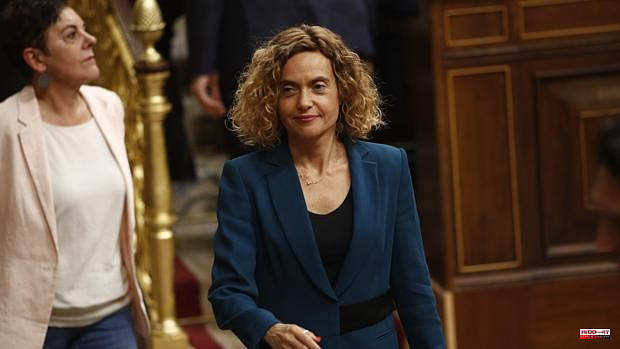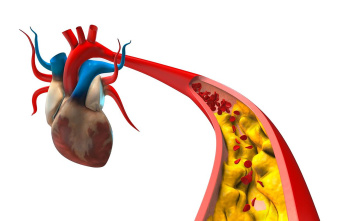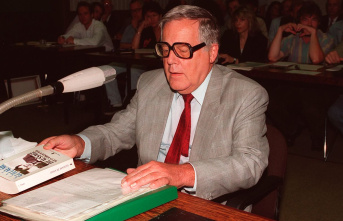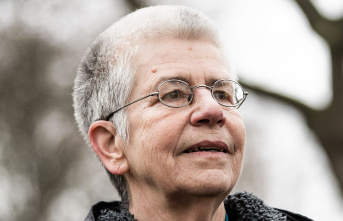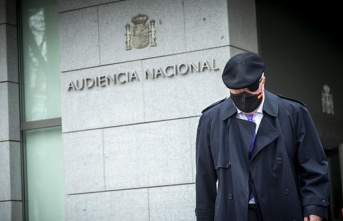In full effervescence of the pardons to the prisoners of the 'procés', with the recent decision of the Supreme Court to reconsider the legitimacy of those who appealed them, the Plenary of the Constitutional Court studies this week the admission for processing of an appeal presented by the Popular Group . It is an amparo against the decision of the president of Congress, Meritxell Batet, not to ask the Government for the complete files of the grace measures granted almost a year ago. The popular went to the guarantee body after La Moncloa refused to give them a copy of those reports and Batet refused to claim them. The popular consider their right to exercise the representative position violated and demand that the president of the Lower House require the Executive to deliver the documentation in a "complete" manner.
In their writing, the popular ones remember that the Constitution establishes the right of the deputies to request the documentation that they consider pertinent from the Government. In his opinion, Batet's refusal to protect the constitutional right of parliamentarians is "crystalline" and they even denounce "a certain willingness to defend the Government." They brand Batet's rejection of "incomprehensible" and "untenable in law."
The struggle between the PP and La Moncloa for access to all the files related to the procés pardons began practically after the measure was granted. On June 23, just one day after granting them, the popular spokesperson, Cuca Gamarra, requested the Executive, through Congress, a copy of all the documents. The Government replied on September 2 rejecting the request with the same argument with which it is vetoing citizens' access to these documents through Transparency. "They contain personal, family and social circumstances, as well as data on criminal offenses that cannot be disclosed without the express consent of the affected party" or "after the established deadlines have elapsed" (25 years from the death of the pardoned person or 50 years from the granting of of forgiveness).
The popular ones consider that this argument violates the legality. First, because it is contrary to the jurisprudence of the Supreme Court on the right of society to be informed about the pardons granted. Second, because personal data can be deleted as it is done in court decisions. For the parliamentary group, the Government's argument reveals its desire to "evade, by any means and arbitrarily, the duty to provide the documentation."
Eight days after receiving this reply, the popular spokesperson decided to ask Batet for protection so that he urge La Moncloa to send the documents. The president of the Chamber pointed out that it was not her responsibility to "assess" the Executive's response, but she did so explicitly when she denied that the Government had breached her duty because she offered "reasons based on law" for not facilitating information.

